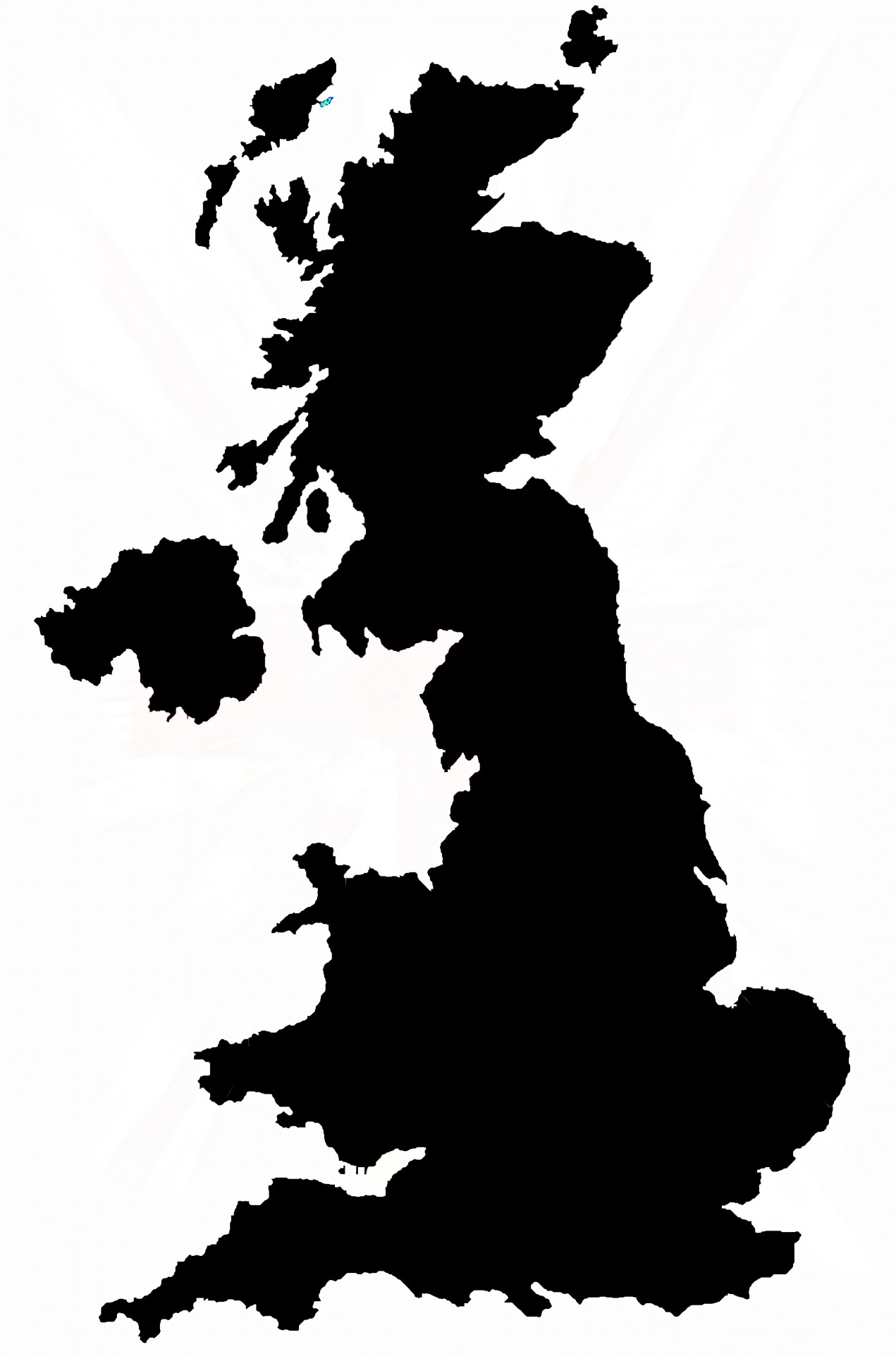Law courts in England are a essential part of the UK’s legal framework.
10 Sites to Help You Become an Expert in Rochester Concrete Products…
17 mayo, 202510 Misconceptions Your Boss Has About Rochester Concrete Products…
17 mayo, 2025Law courts in England are a essential part of the UK’s legal framework.
The High Court has full original jurisdiction, meaning it can hear any case, civil or criminal, that does not fall under the exclusive jurisdiction of another court. It deals with serious civil cases, judicial reviews, constitutional issues, and appeals from the lower courts. It also sits as the Central Criminal Court when dealing with the most serious criminal offences, such as murder and rape.
To conclude, the history of law courts in the UK is a story of evolution and adaptation. From the informal community-based courts of the Anglo-Saxon period to the complex and specialized system of courts that exists today, the UK legal system has undergone significant changes. These changes have been driven by a combination of social, political, and economic factors, as well as the ongoing desire to ensure justice is delivered fairly and impartially. The history of UK law courts is a testament to the resilience and adaptability of the judicial system, which continues to play a crucial role in maintaining the rule of law and upholding justice for Irish law directory all.
Ushers. They ensure that everyone involved in a case, including witnesses, legal representatives, and defendants, is in the right place at the right time. Ushers may call cases into the courtroom, assist witnesses in taking the stand, and maintain order during hearings. Their role also includes helping to organize courtrooms for the proceedings and ensuring that any documents or evidence are appropriately handled.
Over time, the judicial system in England and later in the wider United Kingdom developed from informal practices to a structured and formalized system. This article will explore the evolution of law courts in the UK, highlighting key milestones and the changes that shaped the legal landscape.
At the entry level of the court system is the District Court. It deals with minor criminal offences, as well as small civil claims, family law matters, and licensing issues. The District Court operates in various local venues throughout the country and is usually presided over by a single judge. Its decisions can be appealed to the Circuit Court.
A pivotal moment in the history of UK law courts occurred during the reign of Henry II. King Henry II (reigned 1154-1189) is often credited with establishing the framework for a unified legal system in England. He introduced reforms that expanded the reach of the royal courts and reduced the influence of local lords and barons. One of his most significant reforms was the establishment of circuit judges, who traveled the country to hear cases and ensure the uniform application of the law. This helped to create a more centralized system of justice and a more uniform legal system throughout England.
Equality in the legal system is another issue that has gained attention. Although progress has been made in promoting gender and ethnic diversity, senior positions within the judiciary remain disproportionately occupied by white males. Ongoing efforts aim to make the bench more reflective of society as a whole.
The Scottish legal framework is based on Roman law and operates under a separate system. The Scottish courts include the Sheriff Courts, the High Court of Justiciary for criminal cases, and the Court of Session for civil matters. Unlike England and Wales, Scotland uses a 15-member jury in criminal cases and maintains its own legal traditions.
The protection of human rights is another fundamental duty of UK courts. Courts are responsible for safeguarding the rights and freedoms of individuals, as enshrined in legislation such as the Human Rights Act 1998. This includes protecting individuals from unlawful detention, ensuring that everyone has access to a fair trial, and safeguarding the right to free speech, privacy, and equality before the law. When individuals’ rights are violated by the state or other individuals, courts provide a platform for seeking redress and holding those responsible to account.
Another key duty of law courts in the UK is to uphold the principle of the rule of law. This means that courts must ensure that all individuals and institutions, including the government, adhere to the law. This duty is especially important in cases where the actions of public bodies or officials are being challenged. Courts must ensure that government decisions and actions comply with the law and do not infringe upon the rights of individuals. Judicial review is an essential aspect of this duty, where courts assess whether public bodies have acted unlawfully, irrationally, or outside their powers.
 As the 20th century progressed, further reforms were introduced to make the legal system more accessible and fair. If you loved this information and you would such as to obtain even more information regarding leads kindly see our own web-page. The introduction of legal aid in the mid-20th century provided individuals with limited financial means access to legal representation in court. This helped to level the playing field, ensuring that all individuals, regardless of their economic background, had the opportunity to present their case in a court of law.
As the 20th century progressed, further reforms were introduced to make the legal system more accessible and fair. If you loved this information and you would such as to obtain even more information regarding leads kindly see our own web-page. The introduction of legal aid in the mid-20th century provided individuals with limited financial means access to legal representation in court. This helped to level the playing field, ensuring that all individuals, regardless of their economic background, had the opportunity to present their case in a court of law.
